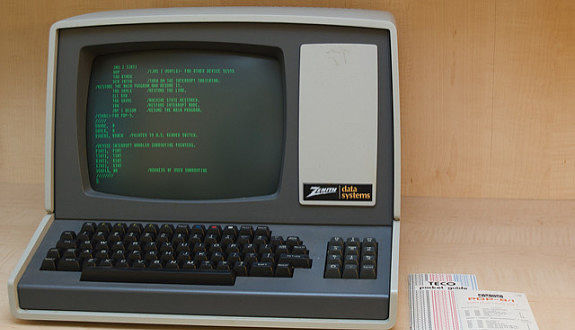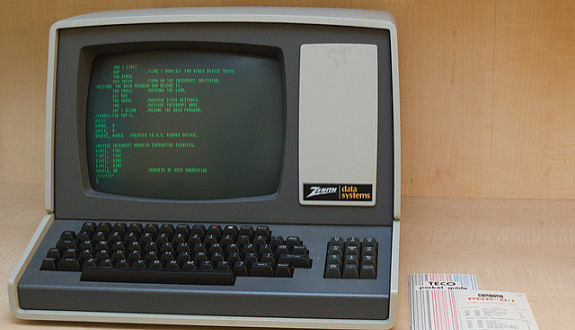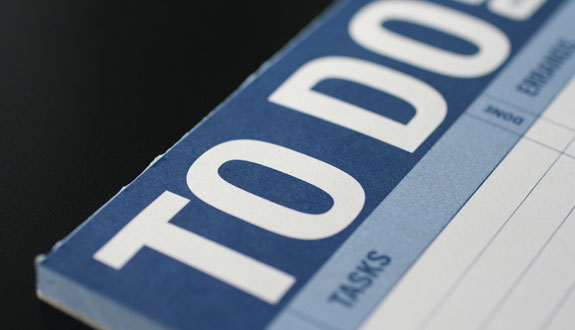
It’s been rumored for years, the subject of hushed whispers in the shadows. Now, finally, those covert discussions are entering the light of day. That’s right—LSAC is officially making moves toward introducing a digital version of the LSAT.
To be clear, your official LSAT won’t be moving to a digital format any time soon. But LSAC has announced a pilot test of the digital version, which will be taking place at select locations on May 20. (Registration for the digital test is now closed, but it’s worth taking a look at the website just to see the terrible, cheesy stock photo they chose for the top of the page.)
So far, we know that the test will be administered on tablets that will be connected to a central computer, or—as LSAC apparently calls it, with their characteristic lack of irony—a “mother ship.” The questions will be heavily encrypted and will only be stored on the mother ship and the tablets during the test itself, so any would-be LSAT bandits will be out of luck if they attempt to steal the tablets for an early look at the test.
Beyond that pilot program, at this point it’s unclear how soon you might be able to take a digital version of the LSAT for an official test. LSAC is slow in just about everything they do—it takes them a month to score a Scantron, for chrissakes—so don’t hold your breath.
(In fact, in the law.com article, LSAC employee Troy Lowry is quoted as saying that LSAC has been pondering switching to a digital test for more than 20 years. This further cements my perception of LSAC as a group of Ents, ruminating on decisions for decades before arriving at a conclusion.)
Nevertheless, the transition could be big news for test-takers, as it would likely lead to faster score releases and—hopefully, eventually—to the LSAT being offered more than a few times per year, similar to the GRE’s current format. That said, there are benefits to the current analog system, such as easier annotation of questions and Reading Comprehension passages; I wonder if being able to make notes on a tablet will be as easy to refer back to.
We’ll be eagerly awaiting further news, and will report back when we hear more. In the meantime, let us know your thoughts about the prospect of a digital LSAT—are you eagerly anticipating the change, or does the thought of taking the LSAT on a tablet fill you with dread?




